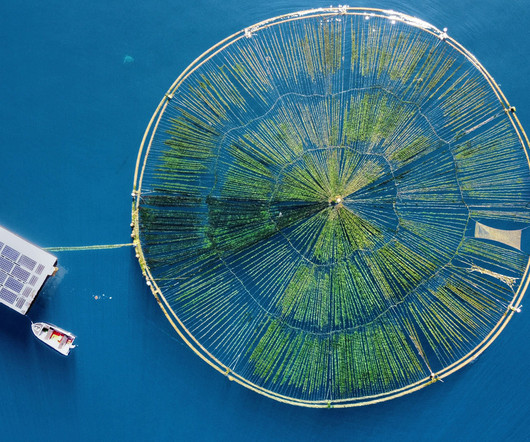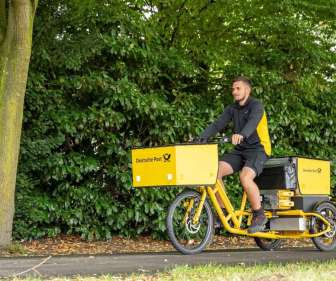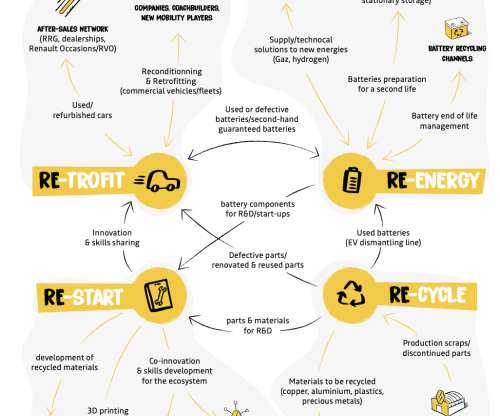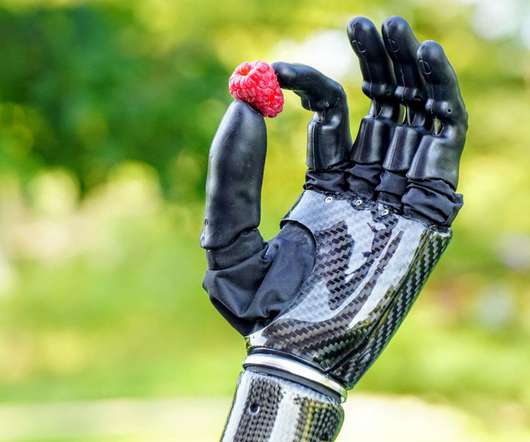Pilot Project Sends Kelp–and Carbon–to the Seafloor
Cars That Think
DECEMBER 21, 2023
At daybreak, the cranks pull the ring back up to the surface to soak up sunlight and carbon dioxide. The extra kelp can be turned into food, fertilizer, and fuel , or it can be committed to the deep, locking away countless tonnes of carbon for centuries. This article is part of our special report Top Tech 2024.







































Let's personalize your content